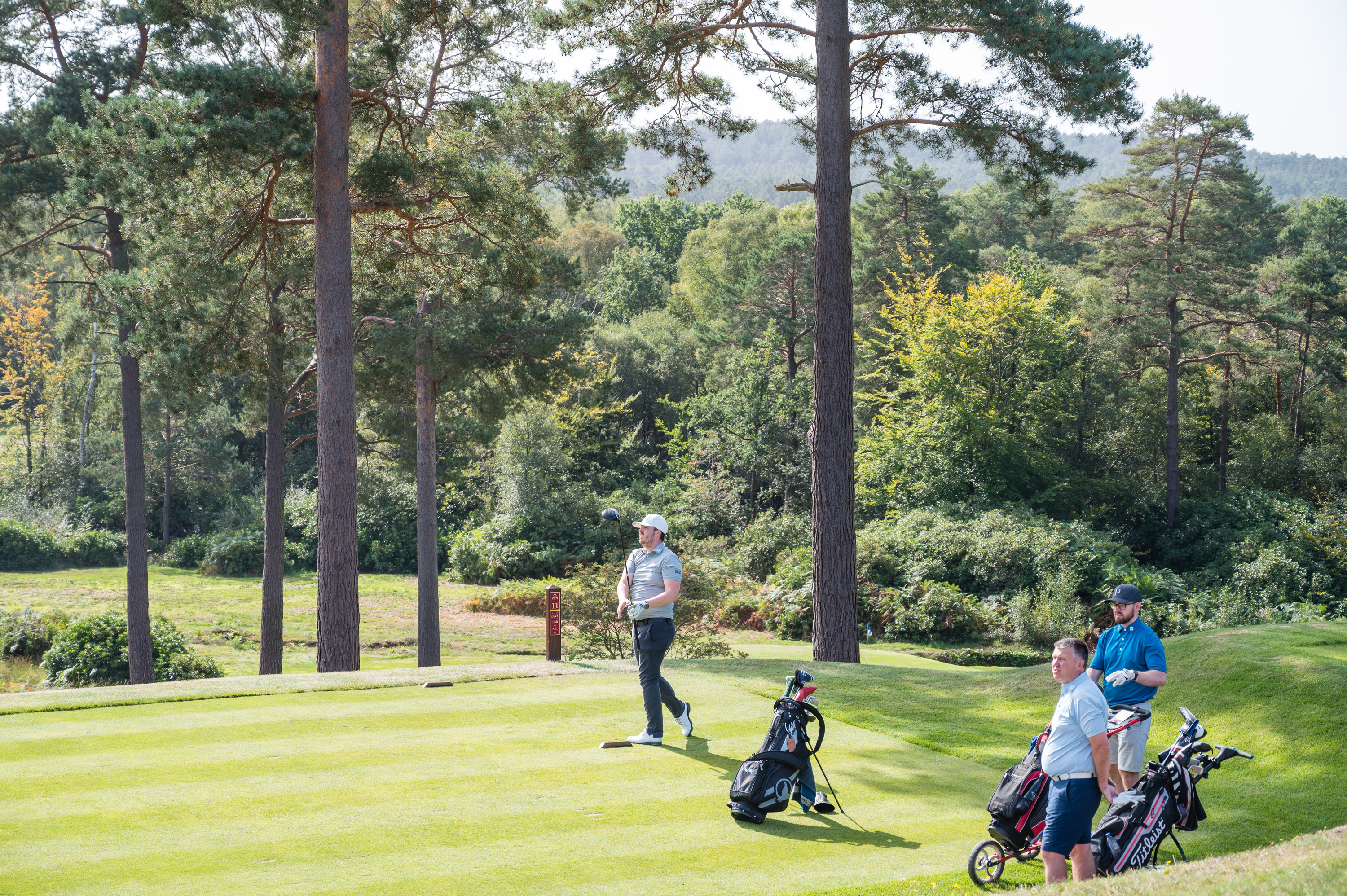Is Golfers’ Resistance To Change Hampering The Growth Of The Sport?
Fergus Bisset wonders if we golfers like the status quo a little too much, and if our yearning for it puts off potential newcomers to golf


Golf has been played in this country since at least 1457. That’s the first written record we have of it at least, and enough people were playing then for King James II to issue an act of parliament banning the game. So, we can give golf a few extra decades at least. Probably fair to say then, it’s an established pastime.
Golf has changed quite a bit over the centuries and those early pioneers who incurred Jimmy the second’s displeasure would be astounded to see golf today. Golf is now not just played by a few hundred, maybe a few thousand, archery-practice shirkers. It’s played by 65 million people across the globe.
But those of us in the golf industry, whether writing about it, administering it, providing facilities for play, or equipment to facilitate play, want to see it continue to grow and flourish. To do that, we need new entrants into the game. And there are barriers to entry – cost is the most obvious, but others include the lack of facilities in certain locations, the time the activity takes and, importantly I think, a wider public perception of a lack of inclusivity within the sport.
I don’t think this perception is fair as I’m aware of the efforts being made by all within golf to ensure the sport is diverse and inclusive and open to all. Unfortunately, the perception still exists.
One of the issues in the UK is just how established the sport is. The great 600-year history of our game is worth cherishing but certain things become engrained over more than half a millennium. Some players, and I absolutely include myself in that “some,” like the older ways. We are resistant to change. I fear that mine, and others’ desire to cling on to a bygone era of halcyon golfing days is actually hampering the growth of the sport.

Are we too stuck in our ways?
The World Handicap System (WHS) provides a case in point. I have written extensively about my concerns over the new system… I don’t think it suits our (certainly my) culture of play in this country. That culture of play being that a high percentage of outings are competitive medal stroke play games. I stand by my thoughts on that one. Consistent and better golfers in the UK are finding the new(ish) system puts them at a disadvantage.
But what I try to remember, and have also considered in writing is that a key reason for the change to WHS was to make handicapping more accessible, more understandable and universal. That’s important too. My selfish little issues around not having a chance in the Spring Meeting are insignificant, aren’t they? My attitude and opinions on this one are what The R&A is up against! I am guilty sometimes of saying, ‘yes, we want to grow the game, but we don’t want it to impact on our little golfing world in any way.’ It’s golfing NIMBYism.
Subscribe to the Golf Monthly newsletter to stay up to date with all the latest tour news, equipment news, reviews, head-to-heads and buyer’s guides from our team of experienced experts.
Something The R&A and USGA have been keen to encourage over the last couple of years is “Ready Golf”. The idea behind it is to counter slow play and to make golf less old fashioned and order filled, thereby more appealing to prospective new golfers.
Well, I would say, although most British golfers probably agree with the sentiment of ready golf, relatively few practise it as far as I have witnessed. I think that’s mainly because of engrained behaviour. From the time they were old enough to tee up on the main course, British golfers have been told to regimentally respect the “honour” system and never play out of turn. Even now, when the governing bodies are encouraging them it might often be prudent to do so, they simply can’t break the habit. In the UK, this is a great example of golf’s heritage holding it back.
Golf clubs across the country strive to move with the times, to appeal to younger generations and new starters. Established golfers from Thurso to Thurlestone are proposing and implementing policies to achieve that end. The problem is though, established golfers quite like the way golf has been established. They like their historic, characterful… no, not dated! characterful clubhouse, they like the senior section’s jacket and tie lunches, they like bridge night on a Thursday, they like the draw system for the Saturday medal… They like it as it is. Ostensibly they know things must change for new blood to be attracted to the sport, but they (we) don’t want to change!
I like golf as it is, but I also want it to be thriving 50 years from now, as per Martin Slumbers’ mantra for The R&A during his excellent tenure in charge. So, I say, let’s embrace ready golf fully, let’s try to get on board with WHS (they will improve it – I have every finger crossed for that,) let’s be open minded to a new carpet or a new menu in the clubhouse, to different formats for club competitions, to more mixed and cross-generational events. Golf’s heritage is great and we should be proud of it, but the future is where we’re inevitably going and living in the past is a folly.

Fergus is Golf Monthly's resident expert on the history of the game and has written extensively on that subject. He has also worked with Golf Monthly to produce a podcast series. Called 18 Majors: The Golf History Show it offers new and in-depth perspectives on some of the most important moments in golf's long history. You can find all the details about it here.
He is a golf obsessive and 1-handicapper. Growing up in the North East of Scotland, golf runs through his veins and his passion for the sport was bolstered during his time at St Andrews university studying history. He went on to earn a post graduate diploma from the London School of Journalism. Fergus has worked for Golf Monthly since 2004 and has written two books on the game; "Great Golf Debates" together with Jezz Ellwood of Golf Monthly and the history section of "The Ultimate Golf Book" together with Neil Tappin , also of Golf Monthly.
Fergus once shanked a ball from just over Granny Clark's Wynd on the 18th of the Old Course that struck the St Andrews Golf Club and rebounded into the Valley of Sin, from where he saved par. Who says there's no golfing god?